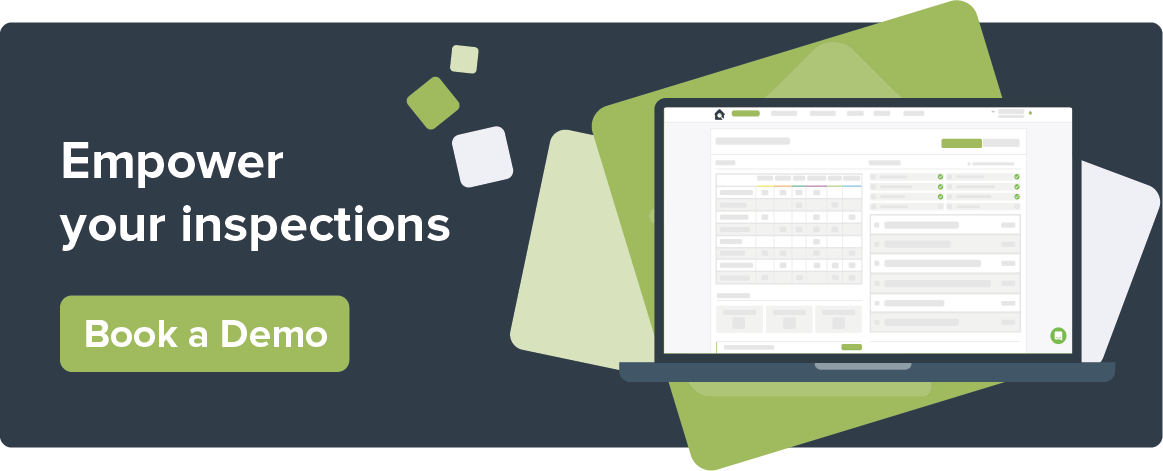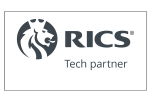As highlighted in our previous blog ‘The Modern Facilities Manager’, facilities management is a varied role with responsibility for the everyday maintenance and security of property. While often expected to work in partnership, there is a clear distinction when it comes to the role of the asset manager.
An asset manager is expected to take responsibility for maximising the return on investment, so that the owner makes the greatest possible profit. In this blog, we’ll explore the question of what is asset management in real estate, before looking at the emergence of the latest role-enhancing technologies.
What is asset management?
Applying their knowledge of value and risk, the asset manager may be expected to consult on the purchase of property, equipment, or any other assets. These professionals advise on the best decisions, staying up-to-date on the range of factors that have a bearing on asset value. An investor may look to an asset manager for advice on how best to increase the value of their property assets and how to ensure building safety and maintenance in line with the latest regulations.
Expectations of the real estate asset manager
Asset managers are commonly employed by large institutions and high-net-worth individuals for the management of property assets. Such investors have a need for expert advice, given the potential for property damage, deterioration, and fluctuations in value. With such risks in mind, the asset manager might advise investment in a diverse portfolio. Factors such as the client’s investment strategy, risk tolerance, and investment goals should also be taken into account.
Investors might require the advice and support of specialists in commercial or residential block management. Specific recommendations may be given depending on factors such as the availability of funds, maintenance costs, anticipated repairs, and likely resale value. It is essential for the asset manager to maintain awareness of market conditions and opportunities.
The real estate asset manager may take on these responsibilities:
- Carrying out market research and making property revenue projections
- Setting and monitoring the achievement of property investment goals
- Employing and working with other property specialists, including property managers
- Compiling business plans and routine investment reports
- Working with leasing agents
- Managing the property cash flow
- Coordinating asset maintenance
- Negotiating contracts
- Communicating with investors and clients.
Asset manager employers will typically look for a high level of property sector experience and knowledge, with a proven record of successful transactions demanded in some cases. Finance and accounting skills may also be requested, together with a natural drive to keep on learning about the property sector. It is common for asset managers to gain such knowledge and experience in entry-level estate agency roles. Those who demonstrate the ability to make revenue-boosting decisions are often rewarded with bigger profits and wider portfolios.
Property asset management changes
The asset management process is changing at a rapid pace, with factors such as the increased focus on ESG, development of new technologies, and digitisation of operations all having an impact. Although real estate asset management fundamentals have remained the same, modern-day professionals are expected to adopt new digital tools, mindsets, and approaches in their roles.
New technologies are allowing for the improved collection and analysis of data specific to property assets and investment decisions. This trend has been accelerated by the pandemic, with the need to monitor cases, collections, and occupancies in the wake of the crisis. With greater levels of accuracy, investors are looking to leverage such data for a competitive advantage
There is also growing awareness of the ways that climate change might impact property portfolios. By making use of new technologies, asset managers are able to share information about environmental changes and opportunities.
There may be potential for reducing carbon emissions or adopting social value strategies of benefit to local communities. Such measures may increase the prospect of attracting tenants and so boost the property value.
There will be a continuing need for the understanding and analysis of transactions, markets, and finance as new technologies are being adopted. Those switched on to the technological opportunities will be best placed to make flexible use of the new systems, identifying and using the best sources of property data.
Rather than hoarding, asset managers are likely to have the most success in sharing and accessing the widest data sets. The access and analysis of real-time property data will also be key given the increased focus on health and safety following the pandemic.
Asset management has benefited from the development of digital real estate tools in the following ways:
- Sensor/IoT data allowing for proactive, rather than reactive, property decisions
- Monitoring of building resource consumption data, enabling real-time eco-friendly decisions
- Making buildings smarter and more dynamic, while accounting for the cyber-security risks
- Leveraging cleaner data for scenario planning and more informed decisions
- Using data to gain a clearer picture of asset conditions for predictive maintenance
Digital solutions for asset maintenance
As mentioned, planning is one of the key responsibilities of the asset manager. In particular, this applies to the planned maintenance of equipment, facilities, vehicles, and other physical assets.
Such planning should be effective in limiting the downtime of critical assets, as experienced by more than 80% of companies over a three-year period. The implementation of an assessment maintenance plan should go a long way to ensuring that production processes continue as normal, with maintenance allowing for the generation of income rather than an expense.
Whether working in the domestic or commercial hospitality sector, the asset manager will be expected to compile an asset register. This should specify a capitalisation threshold for the minimum value of such items.
As an example, the asset register might highlight the need to actively monitor all equipment valued at over £300. Such a register should also specify when items were purchased and how much they cost to run, in case they can be replaced with newer and more cost-effective versions.
With a digitised maintenance system it should be possible to identify the signs of potential malfunctions and asset degradation. Proactive action may then be taken to avoid any cost-prohibitive repair jobs further down the line.
Asset management technology
Once more, real estate asset management software will allow for the sharing of historical and real-time data specific to the asset’s life cycle. Reports can be generated, specifying the need for maintenance in order to keep the asset working effectively.
It is particularly important to be aware of the item’s purpose, for an assessment of maintenance priority and expected downtime costs. The asset register should also specify the appropriate choice of reactive, preventative, or predictive maintenance strategy.
Moving away from the use of pen, paper, and outdated spreadsheets, the asset manager can now access a selection of digital tools for asset maintenance. Such technology allows for the automated issuing of asset reports, highlighting the need for diagnosis and repair. As a key part of the golden thread, such up-to-date and accurate property data can be shared with stakeholders. With environmental monitoring capabilities, it’s also possible to identify the potential for eco-friendly investments.
Of particular value when it comes to the compilation of potential property investment and sales reports, Property Inspect is the ultimate solution for the digitisation of the commercial inspection process.
Featuring a variety of customisable templates, together with technology for the capture of audio and photos, our property inspection and operations platform saves time and allows for the creation of compliant audit trails.
Benefit from faster, smarter, and more insightful facilities and asset management at your fingertips by signing up for a free trial of Property Inspect today.













